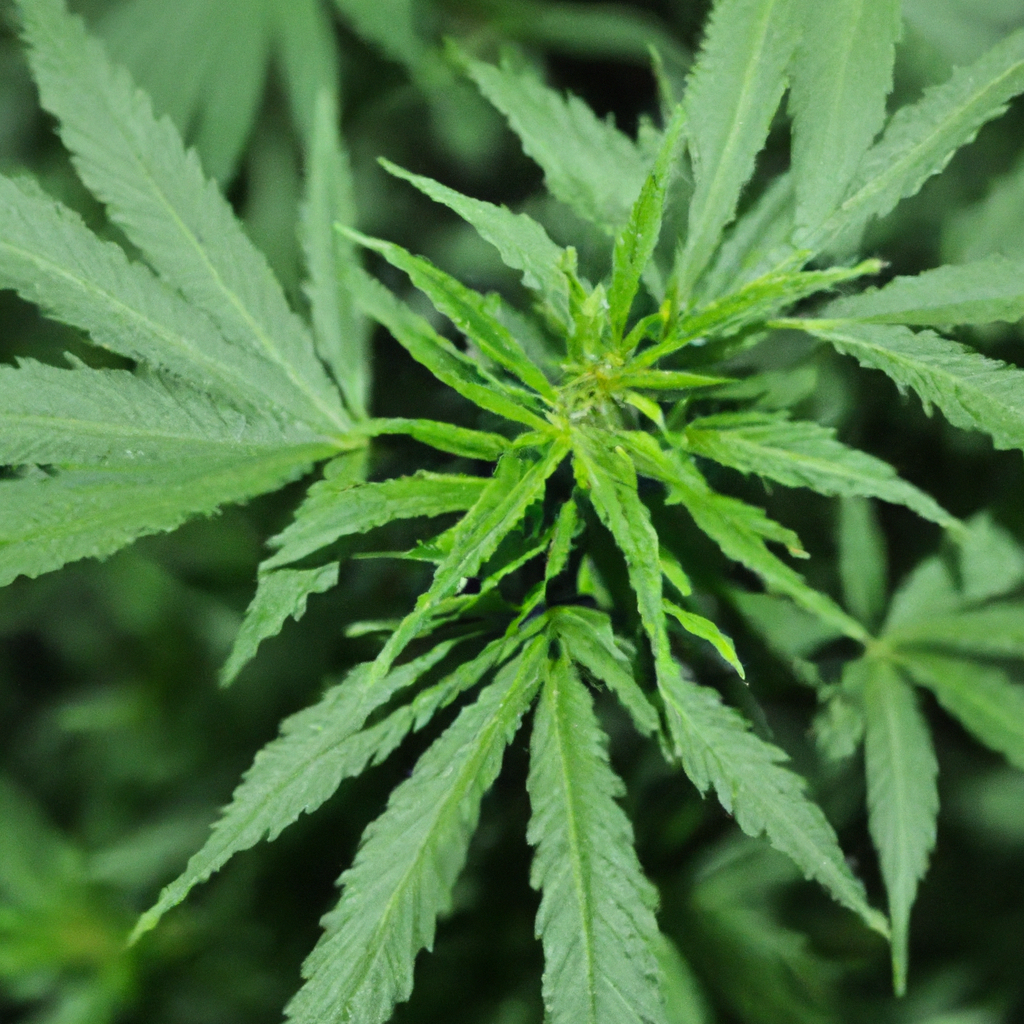Your cart is currently empty!
As the cannabis industry continues to grow, more cultivators are turning their attention to organic growing practices. Organic cannabis cultivation not only benefits the environment but also results in a healthier, more flavorful product for consumers. This guide explores the best practices for successfully cultivating cannabis organically, focusing on natural fertilizers, compost, and pest control methods while promoting sustainability.
1. Building a Healthy Soil Ecosystem
Healthy soil is the foundation of organic cannabis cultivation. It is essential to build a soil ecosystem teeming with beneficial microorganisms. These microbes help break down organic matter, resulting in rich, nutrient-dense soil.
- Use Compost: Incorporate homemade compost or quality store-bought compost into your soil. Compost adds essential organic matter and nutrients, improving soil structure and fertility.
- Mulching: Apply a layer of organic mulch to conserve soil moisture, suppress weeds, and gradually add nutrients as it decomposes.
- Crop Rotation and Cover Crops: Rotate cannabis with other crops or incorporate cover crops to prevent soil depletion and maintain biodiversity.
2. Favoring Natural Fertilizers
Organic fertilizers are crucial for sustainable cannabis growth, providing essential nutrients without the use of synthetic chemicals.
- Animal Manures: Incorporate well-composted animal manures, such as cow or chicken manure, which release nutrients slowly and improve soil health.
- Plant-Based Fertilizers: Consider options like alfalfa meal, bone meal, or fish emulsion, which provide a balanced mix of nutrients.
- Worm Castings: Use vermicompost, rich in nutrients and beneficial microbes, to enhance soil quality and plant growth.
3. Natural Pest Control Techniques
Organic cannabis cultivation thrives with eco-friendly pest management practices. Avoiding harmful pesticides protects the environment and the end product.
- Beneficial Insects: Introduce predators like ladybugs and predatory mites, which naturally control pest populations.
- Neem Oil: Employ neem oil sprays as a natural pesticide, deterring a variety of common cannabis pests.
- Companion Planting: Grow companion plants like marigolds or basil near cannabis to repel pests and attract beneficial insects.
4. Promoting Sustainability in Growing Operations
Sustainable practices ensure that cannabis cultivation benefits the environment now and in the future.
- Water Management: Implement drip irrigation systems to efficiently use water resources and reduce runoff.
- Energy Efficiency: Use energy-efficient lighting and renewable energy sources to minimize your carbon footprint.
- Waste Reduction: Recycle organic waste and packaging materials to reduce your grow operation’s waste output.
Conclusion
Organic cannabis cultivation can transform your growing practice into a sustainable and environmentally-friendly operation. By building healthy soil systems, choosing natural fertilizers, employing eco-conscious pest control, and promoting sustainability, cultivators can produce cannabis that benefits both consumers and the planet. The future of cannabis is green—embrace it with organic growth methods.
Discover more from Magic Clones
Subscribe to get the latest posts sent to your email.


Leave a Reply